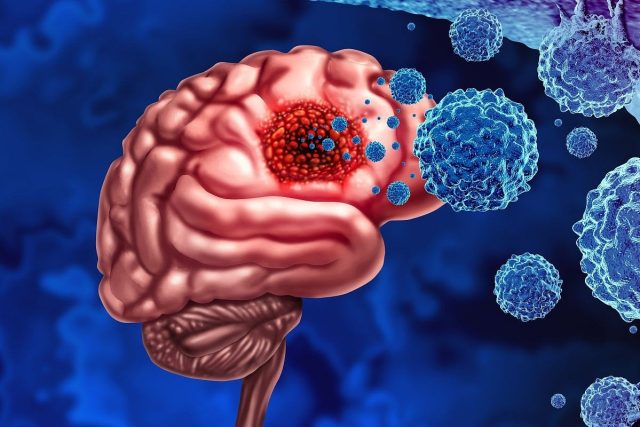Presence of tumor-related epilepsy not a significant predictor of survival in multivariate analyses
By Elana Gotkine HealthDay Reporter
WEDNESDAY, May 21, 2025 (HealthDay News) — For patients with diffuse gliomas, tumor-related epilepsy (TRE) is not a strong prognostic factor, according to a study published in the May issue of Brain and Behavior.
Yao Xiao, from the Huazhong University of Science and Technology in Wuhan, China, and colleagues examined the risk factors and prognostic impact of TRE in adults with diffuse gliomas in a multicenter retrospective study involving 1,036 patients. Participants were classified into three prognostic groups: lower-grade oligodendroglioma/astrocytoma (OD/AC, II-III, isocitrate dehydrogenase [IDH]-mutant), not otherwise specified or not elsewhere classified (NOS/NEC, II-III, IDH-wild type), and high-grade gliomas (HGG, IV).
The researchers found that TRE occurred in 44.4, 25.8, and 16.5 percent of patients with OD/AC, NOS/NEC, and HGG, respectively. In the OD/AC group, age was identified as the only significant independent correlate of TRE in multivariate analysis (odds ratio, 0.961), while in the NOS/NEC and HGG groups, the absence of deep structure involvement was independently associated with TRE. Across all groups, the presence of TRE was associated with longer progression-free survival (PFS) and overall survival in univariate analysis, especially in the NOS/NEC group (median PFS of 35.2 and 13.6 months for those with and without TRE, respectively); however, the significance did not persist in multivariate analysis. The only factor significantly associated with maintaining histological grade at recurrence was TRE (hazard ratio, 0.094).
“Seizures result from a complex interaction between tumor cells and surrounding brain tissue, driven by the underlying tumor biology,” the authors write. “Future strategies targeting these interactions may improve both seizure control and survival outcomes.”
Copyright © 2025 HealthDay. All rights reserved.



















